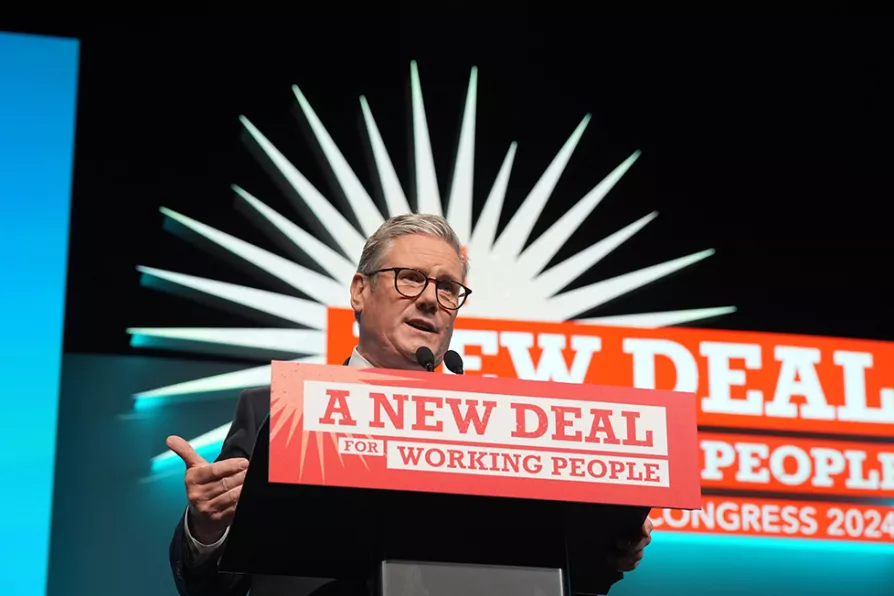As tens of thousands return to the streets for the first national Palestine march of 2026, this movement refuses to be sidelined or silenced, says PETER LEARY

 Oversold: the New Deal for Workers promised by the Labour leader has turned out far weaker than unions anticipated
Oversold: the New Deal for Workers promised by the Labour leader has turned out far weaker than unions anticipated
THE Employment Rights Bill begins its passage through the House of Lords today. At 300 pages in length, spiced up by 250 government amendments in the Commons, it remains thin gruel, leaving trade unions, like Oliver Twist, asking for more — in the shape of a second industrial relations Bill during this parliament.
The Bill is a long way short of the full (but hardly gastronomic) menu in Labour’s green paper, A New Deal for Working People, drafted by a committee composed mostly of trade union leaders under Andy McDonald MP and adopted by Labour conference in 2021, reaffirmed in 2022, and loudly proclaimed by the leader and deputy leader on many occasions since.
Of course, the hunger for more does not detract from the gratitude the movement feels at a Bill of fare which will remove the Strikes (Minimum Service Levels) Act 2024, and most (but not all) of the Trade Union Act 2016 — and do a lot more besides. But restaurant critics are surely entitled to judge the meal on how it measures up to the menu on the door rather than compare it to the starvation rations offered by the previous management.

The Bill addresses some exploitation but leaves trade unions heavily regulated, most workers without collective bargaining coverage, and fails to tackle the balance of power that enables constant mutation of bad practice, write KEITH EWING and LORD JOHN HENDY KC

It is only trade union power at work that will materially improve the lot of working people as a class but without sector-wide collective bargaining and a right to take sympathetic strike action, we are hamstrung in the fight to tilt back the balance of power, argues ADRIAN WEIR












